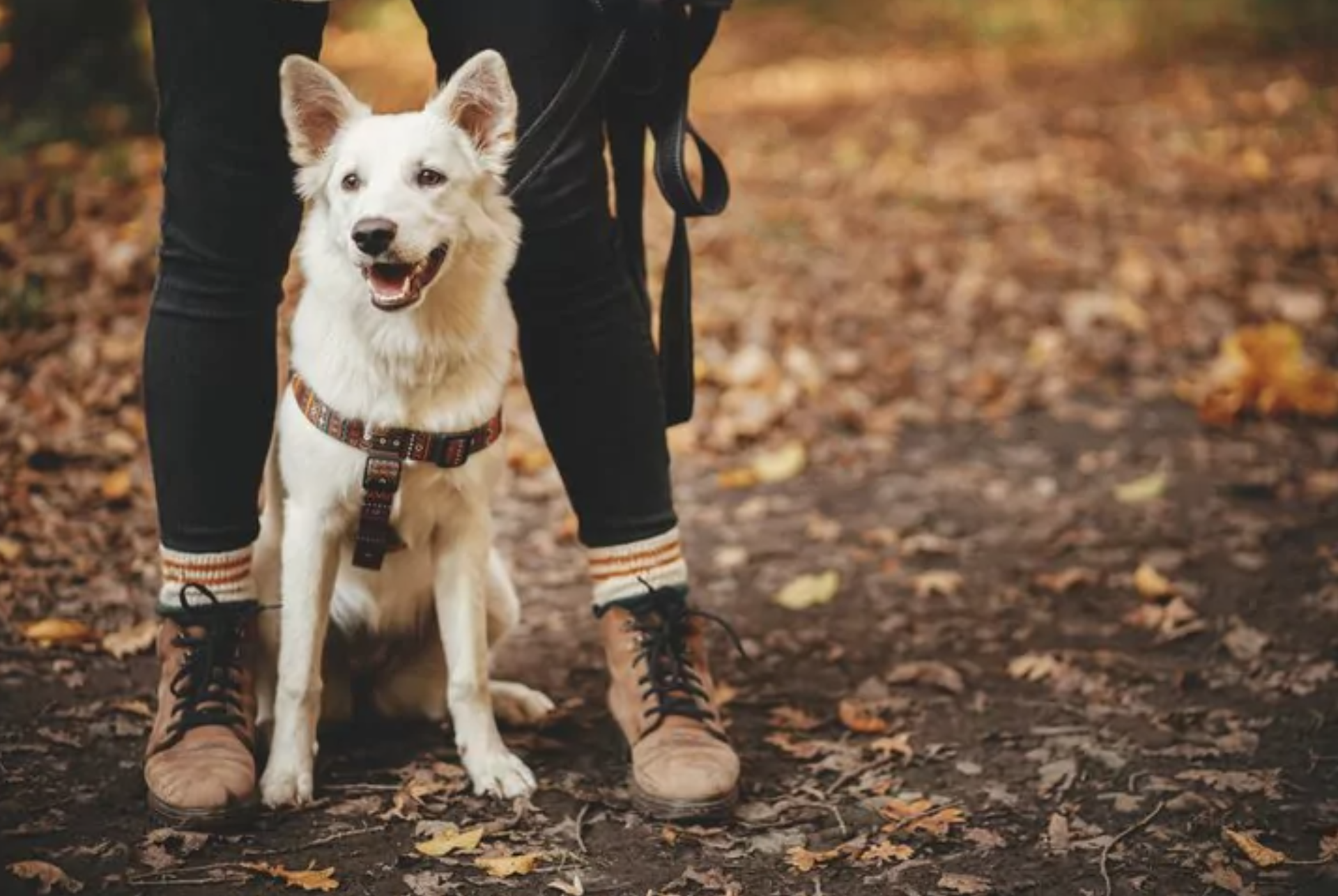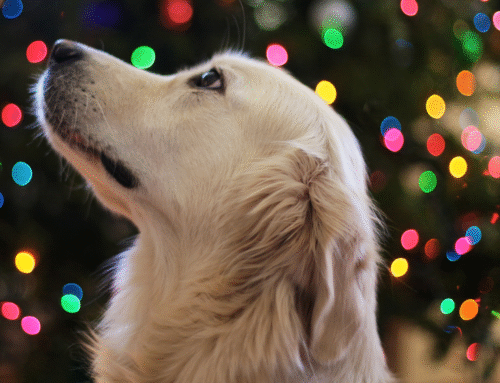There are various vaccinations that dogs should receive to stay as healthy as possible. These standard vaccinations include the leptospirosis vaccine. This vaccine is for a specific bacterium that can affect both dogs and humans. The bacteria is zoonotic, so if your dog gets it, you can too.
Leptospirosis is first given as a two-part series to puppies at 16 weeks of age and can be given to older dogs as well if they have never been vaccinated for leptospirosis. Older dogs who have been vaccinated for leptospirosis will need to have this vaccine boosted each year for it to retain its effectiveness.

What Are the Benefits of the Leptospirosis Vaccine?
This vaccine offers a variety of benefits to your pet. Leptospirosis is carried by wildlife like rats and raccoons. This means that dogs who go outside in the backyard or who play at a dog park could interact with soil that has been contaminated by leptospirosis. You might be surprised at just how many wild animals pass through your neighborhood each week. Just because you are not seeing these little visitors does not mean that they are not coming into your yard.
Leptospirosis is not a required vaccine, but that does not mean that it is not a good idea to give it to your pet. Part of the reason that this vaccine should be given is that Leptospirosis can be transmitted to humans. If your pet should happen to contract Leptospirosis, you could get it as well.
Leptospirosis causes uncomfortable symptoms like vomiting, abdominal pain, lack of appetite, muscle pain, diarrhea, fever, stiffness, severe weakness, depression, and sterility. You do not want your dog or your family to experience these symptoms!
While you could argue that your dog does not spend much time outside and that you do not live in an area where there are rats or animals like raccoons, all it takes is one exposure for your pet to get Leptospirosis. As with all vaccines, this vaccination cannot 100% protect your pet from Leptospirosis, but it can make it much less likely that you and your family or your dog will get Leptospirosis.
How Can My Dog Get Leptospirosis?
If your dog goes outside and picks up a toy that is covered in dirt that a raccoon urinated on, they could get Leptospirosis. If they are bitten by an infected animal that is carrying Leptospirosis, they could contract it as well. If your pet is exposed to another pet who has Leptospirosis, they could also get sick. Dogs can also contract Leptospirosis by swimming in water that has been contaminated with it or by drinking from standing water like puddles that have been exposed to wildlife urine.
Warm and moist climates are the ideal home for these bacteria, but that does not mean that your pet cannot get Leptospirosis in other climates. Dogs who live on a farm, get into the trash frequently, hunt small mammals, go hiking or swimming regularly, or live primarily outdoors are much more likely to get Leptospirosis. However, even small-breed indoor dogs can be at risk. Because of the duration of time that the Leptospirosis bacteria can be present on surfaces, you will want to consider your pet at risk, even if they are not outdoors for long each day.
Will My Dog Feel Sick After the Leptospirosis Vaccine?
Most dogs do not have a reaction to this vaccine. It is well-tolerated overall and can be given along with other annual vaccines without issue. If your pet should have an allergic reaction, you will be directed to contact your veterinarian right away and bring your pet in for treatment. The most common mild symptoms that dogs experience related to the Leptospirosis vaccine are sleepiness, soreness at the site of the injection, and mild loss of appetite.
You should be concerned if you notice severe symptoms like vomiting, diarrhea, panting, shaking, pale gums, or collapse. While anaphylactic reactions are rare related to vaccines, they can occur. Your pet will need emergency treatment if they are displaying these symptoms.
Some animals are unable to have certain vaccines without preparation, such as giving anti-inflammatories. Your vet might also want to keep your pet in the clinic for a few hours after they have been vaccinated just to be sure that they will be okay. In rare cases, some dogs are not able to tolerate the Leptospirosis vaccine and cannot have it each year.
Your vet can advise you about the right protocol to ensure that your pet is able to get vaccines safely, and they can help manage any adverse symptoms that your pet might experience related to their necessary vaccines. Because the Leptospirosis vaccine is not required, like the rabies vaccine, you might not have to give it each year. You will find that many places like dog parks, boarding clinics, and dog daycare will require different vaccines in order for your pet to visit. You will need to find out if you can be allowed to bring your pet to these locations if they have not been vaccinated for Leptospirosis.
Leptospirosis Can be Quite Serious, and it is Worth it to Protect Your Pet
Since Leptospirosis can cause severe symptoms that could even lead to death, it is a good idea to vaccinate your pet for this illness. The other benefit is that Leptospirosis is zoonotic, which means that you and your family could catch Leptospirosis from your dog. This alone is a good motivator to make the decision to vaccinate your dog for Leptospirosis.
You will need to talk to your vet about the Leptospirosis vaccine if you have concerns about your pet receiving it due to prior allergic reactions to the vaccine. Some animals might not be able to have this vaccine each year due to an allergy. This might limit your pet’s ability to attend dog daycare or to be boarded while you are away from home. Leptospirosis is a serious condition, and it is always a good idea to vaccinate your dog against this illness.
Do you have questions about the leptospirosis vaccine and your dog’s care? Give Hefner Road Animal Hospital a call at (405) 773–5557 today!




